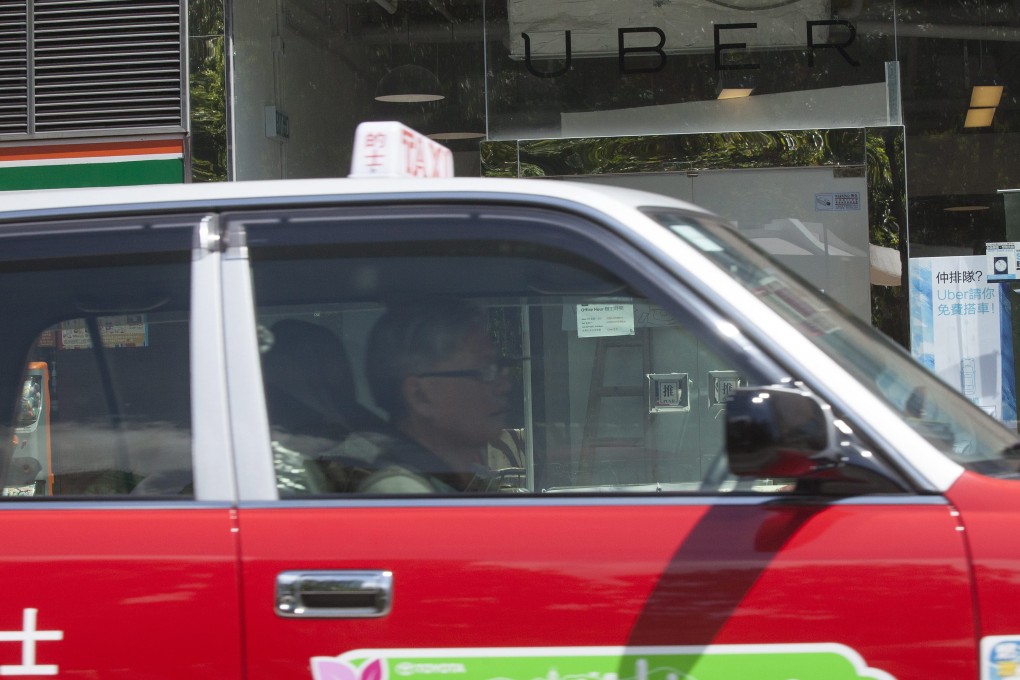How government, Uber and the traditional taxi sector can work together to benefit Hong Kong
Yanto Chandra says the taxi industry, car-hailing app and government all have strengths to bring to the table so that Hong Kong can be best served

Uber and other sharing economy apps have stirred great awe and controversy recently in Hong Kong, and globally. But let's stop playing the blame game. Slow-drive protests and roadblocks are counterproductive to our already slowing economy. Each stakeholder can bring something constructive to the table.
For the taxi sector, the rise of such apps is a wake-up call to adapt to the needs of 21st-century customers. By and large, a major redesign of the traditional taxi business model is needed. Cashless payments, online ratings and a complaints-handling system, better services and ethical practices are all needed. Alternatively, drivers could join Uber, or create their own Uber-like platforms. There is no evidence of unfair competition; what's unreasonable about being innovative and scientific?
But the app companies need better strategies to be viewed as legitimate players in the economy, crafting a more compelling rhetoric on their impact, to secure better government and citizen support. How companies such as Uber handle negative issues and resistance from traditional taxis are key to their survival.
The government needs to quickly create a clear legal and regulatory framework that supports new innovation and the informal economy. Uber is an innovative experiment in the transport system but is far from being the dominant design. The informal economy created by the companies, by turning anyone with a car, the app, and the time, into informal entrepreneurs is a safe haven where innovation can be tested cheaply and quickly before being replicated on a larger scale. If our legislation protects only mainstream goods and services, and the formal economy, we risk prematurely killing innovative ideas. Given our world-class universities, talent and financial savvy, there are ample opportunities for Hong Kong to be the Silicon Valley of the East - but only if the government embraces innovation and the informal economy. There is no better time to redesign our regulatory framework to accommodate these and future disruptive innovations.
The government can help resolve the Uber problem through incentives, regulation and taxation, including establishing regulations on liabilities for incidents affecting passengers using the app and ensuring that all app "entrepreneurs" receive fair treatment (for instance, on commission, insurance and employment status).
The traditional taxi industry and car-hailing-app companies are complementary and can co-exist - if they focus on their own strengths.
